Physical Address
304 North Cardinal St.
Dorchester Center, MA 02124
Physical Address
304 North Cardinal St.
Dorchester Center, MA 02124

Let the cat's world be filled with love

Let the cat's world be filled with love
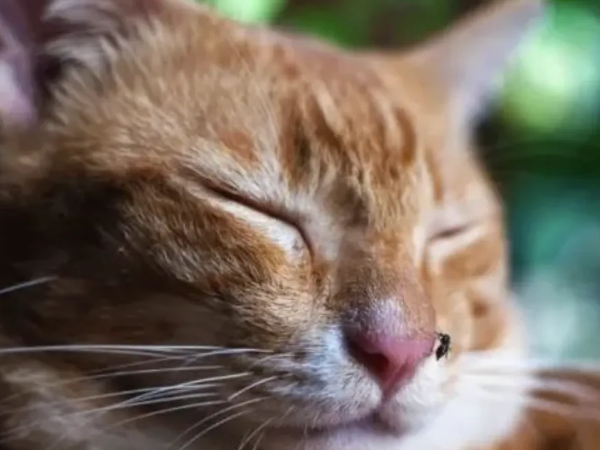

These kittens suffered pyrethroid poisoning from insect repellents – symptoms included:
This emergency case highlights a growing problem we see every summer. Our veterinary team receives countless questions: “How can I keep mosquitoes away without harming my cat?”
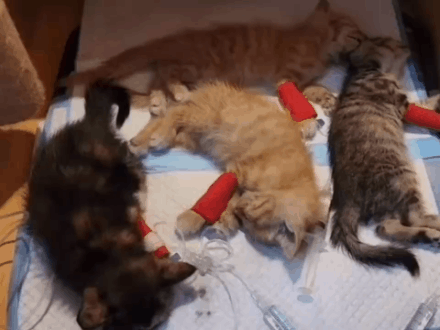
Found in:
✓ Electric liquid repellents
✓ Mosquito coils
✓ Insecticide sprays
Why toxic?
Cats lack glucuronyl transferase enzymes needed to metabolize these chemicals. Even small exposures cause:
Note: Dogs handle pyrethroids better but still risk poisoning.

Found in:
Most spray repellents
Exposure risks:
Symptoms:
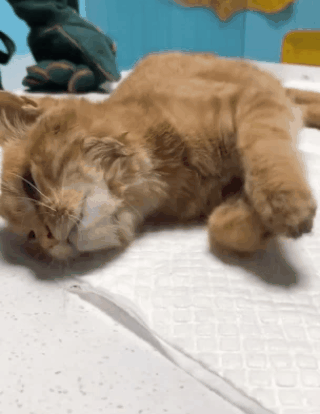
Including:
✗ Citronella
✗ Eucalyptus
✗ Tea tree
Why risky?
Essential oils contain phenols that cats can’t process, causing:
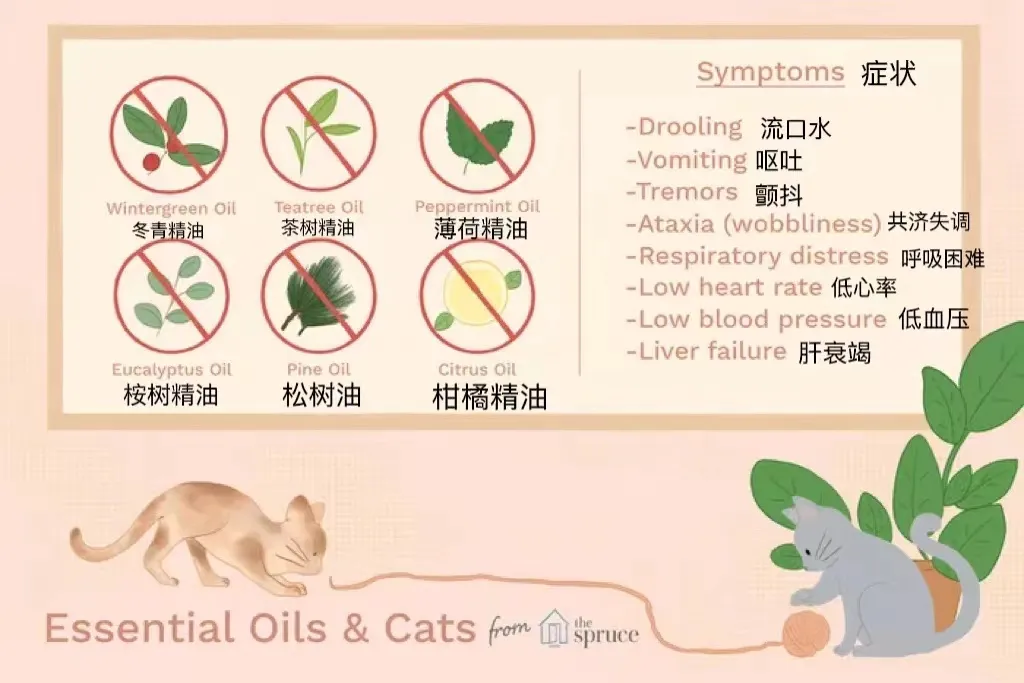
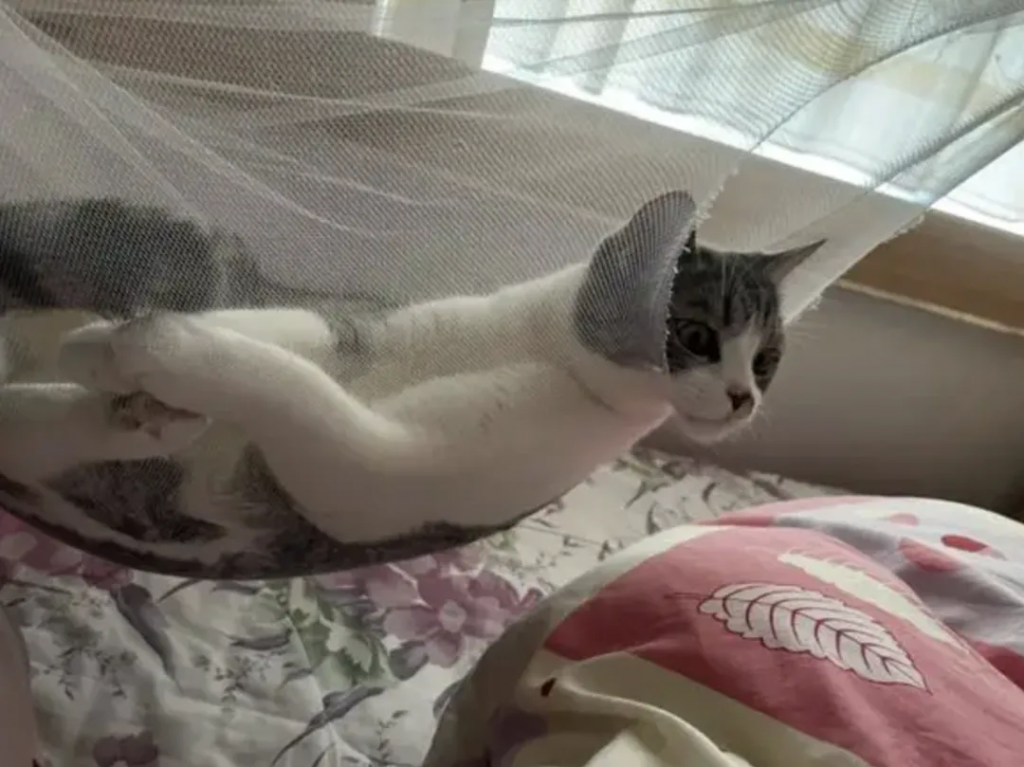
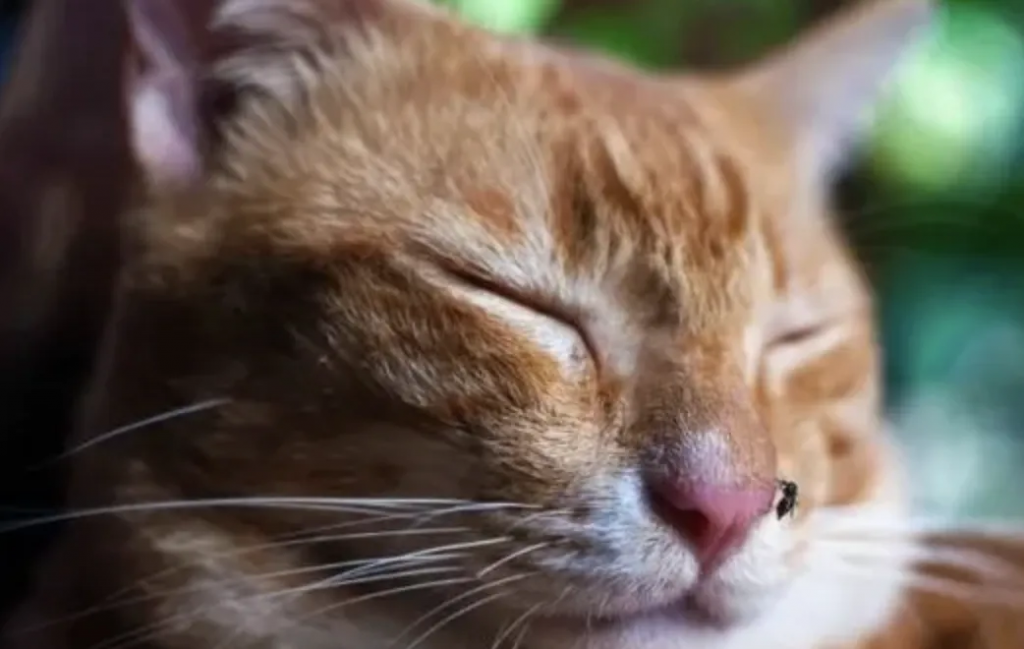
Catnip (Nepetalactone)

If exposure occurs:
Spread Awareness ➔ Save Lives
Share this guide to protect more pets!